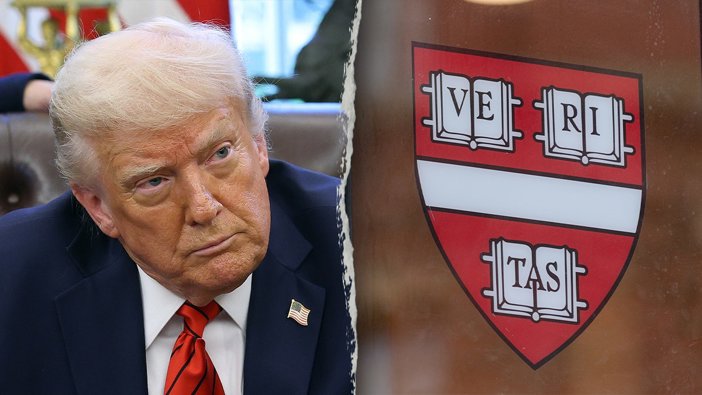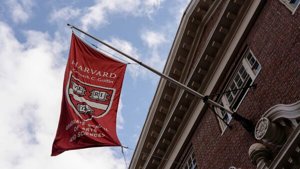
Harvard Sues Trump Over Research Funds
Harvard University filed a lawsuit on Monday against the administration of United States President Donald Trump, alleging unlawful interference following the freezing of $2.2 billion in federal research funding. The legal action marks an escalation in tensions between the elite academic institution and the federal government.
In a statement, Harvard President Alan Garber denounced the move, claiming it represents “unprecedented and improper control” over American universities. He cautioned that the Trump administration’s actions could severely disrupt vital medical and scientific research initiatives, including cancer studies and infectious disease monitoring programs.
“We stand for the values that have made American higher education a beacon for the world,” Garber wrote in a letter accompanying the lawsuit. He characterized the funding freeze as part of a broader federal campaign to exert political pressure on institutions of higher learning.
The administration has also reportedly threatened to revoke Harvard’s tax-exempt status, further escalating the conflict. While no official statement has been released from the White House in response to the lawsuit, the freeze and related threats have already sparked national debate regarding academic freedom and the role of government oversight.
Harvard’s legal complaint seeks to reverse the funding freeze and protect the university’s ability to operate without what it describes as unlawful federal intrusion. The outcome of the case could have wide-reaching implications for other academic institutions dependent on government research grants.
This legal challenge is one of the most high-profile disputes to emerge in President Trump’s ongoing efforts to reshape federal support for universities. As the case proceeds, it may define new boundaries between academia and executive authority in the United States.






